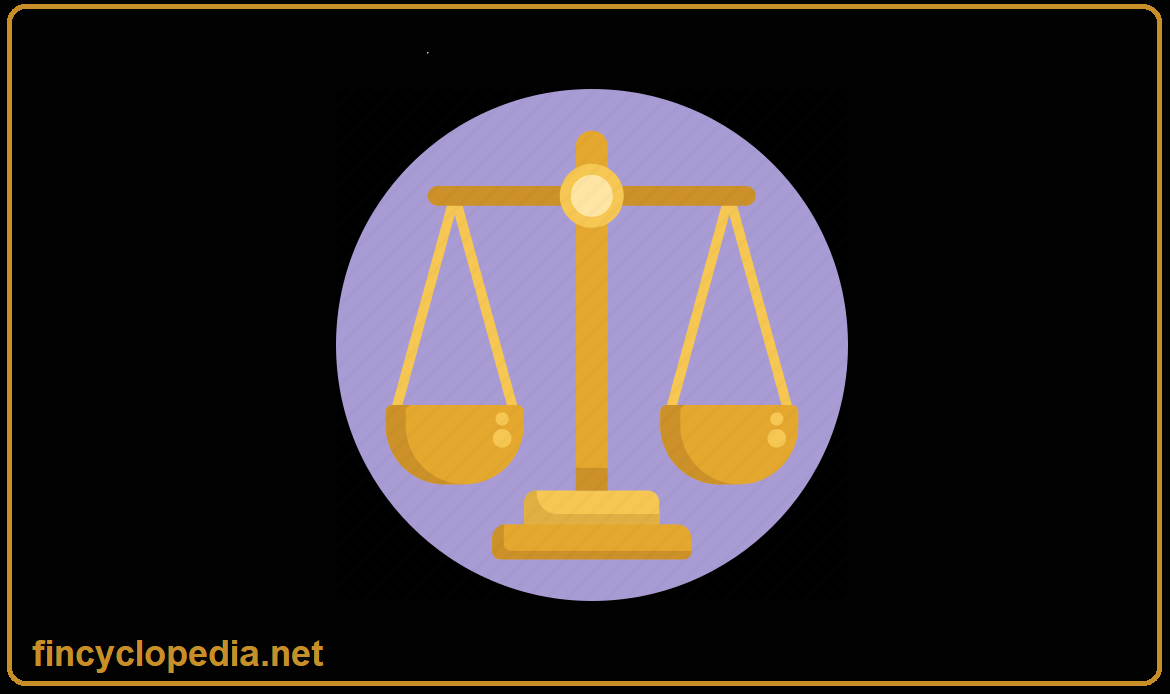An accounting concept / accounting principle that requires adequate or complete disclosure of all significant (material) matters / issues/ events relating to the activities (economic affairs) and affecting an entity’s financial statements, and as a result would have an impact on the accounting information provided in these statements. Full disclosure requires an accurate projection and presentation of all facts and events that have an operational or financial effect on the entity for the respective accounting period. This means that the financial statement should be prepared to be a precise and fair presentation of sufficient information that can be used by various stakeholders (owners, creditors, investors, and other interested parties, etc.) in their decision making and assessment of the entity’s status. In this sense, full disclosure would help improve reliability and understandability of financial statements. Disclosures are presented in the notes to financial statements (footnotes or explanatory notes) which form an integral part of the financial statements.
Full disclosure (also called full, fair and adequate disclosure) is ordinarily required in situations where an entity has alternative accounting policies to choose from (e.g., valuation of inventory: FIFO, LIFO, etc.), and where accounting policies need to change between an accounting period and another.
Other examples of full disclosure requirements include the nature of non-monetary transactions, if in existence, and the reasons behind a related party transaction, etc.






